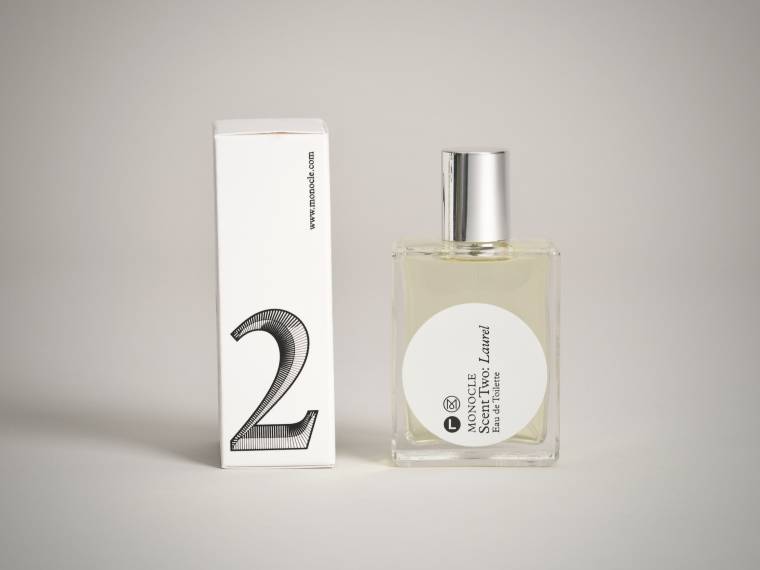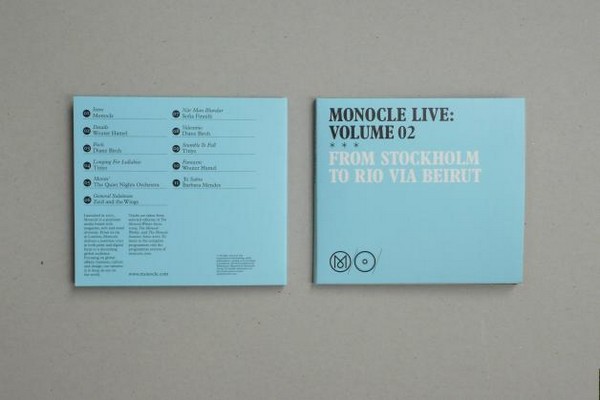I've been digging deeper into the recently released and gorgeous Monocle Guide to Better Living, and much to my delight I continued to find features on Lebanon, enough to warrant a follow-up post to my first one on it. I scanned the (first) pages of each feature, which can be viewed here:
And I thought I'd share some of the text here as well.
First, Beirut is featured as the 4th of 10 Cities to Call Home:
Third, is Papercup (Beirut) which was featured in the Culture section, The Newsstands, under Print Charming.
Fourth, a residence in Batroun, Lebanon is featured in the Home section under Space and Light. In the same section, a feature titled Our breakdown of the perfect home ingredients by culture has as the 2 main ingredients:
Last but not least, Dragonfly (Beirut) is featured in the Service section, The Bars, under Where everybody knows your name.
And I thought I'd share some of the text here as well.
First, Beirut is featured as the 4th of 10 Cities to Call Home:
If Beirut were to be measured on metrics alone it wouldn't stand a chance: its infrastructure is less than adequate, political instability is chronic and inflation is a problem. But Beirut is not the kind of city that likes statistics. Aided by a cosmopolitan population all too happy to show off its city, Levantine charm still operates in the Lebanese capital. Its patina, refined over centuries of tumultuous history, has given it a unique cachet. The Romans, Arabs, Ottomans and French: all of them stopped by Beirut to admire the snow-capped Mount Sanine and partake in the dolce vita.Second, Musar Wine (Ghazir, Lebanon) was 9th of 21 Companies to Learn from.
Add to all of this the remarkable topography, the sparkling Mediterranean sea, the glorious weather and the succulent food and you can understand why so many have fallen for Beirut.
Meanwhile, shortcomings are almost always turned into opportunities and the can-do attitude is palpable. The gap left by a weak government has led entrepreneurs to provide basic services, while artists and designers have come up with creative solutions to everyday difficulties.
There's also an unmistakable whiff of freedom in a place where no political force really dominates. This gives freer rein to the sexy pop singer recording her new video clip, the printer bypassing censorship or the young activist lobbying for gay and lesbian rights. In an increasingly conservative region, Beirut is decidedly on the tolerant side.
The city also has its everyday perks. You can keep an open tab at the grocer's, leave your car to be parked with the valet working for the restaurant nearby or call the hairdresser to come and fix your hair at home. If the Middle East was a gentler neighbourhood and Beirutis had a slightly stronger civic sense, this could be the best city to live in.
Third, is Papercup (Beirut) which was featured in the Culture section, The Newsstands, under Print Charming.
Fourth, a residence in Batroun, Lebanon is featured in the Home section under Space and Light. In the same section, a feature titled Our breakdown of the perfect home ingredients by culture has as the 2 main ingredients:
- 9% Swiss cabin hardware and durability
- 9% Beirut mid-century elegance and grandeur
Last but not least, Dragonfly (Beirut) is featured in the Service section, The Bars, under Where everybody knows your name.


